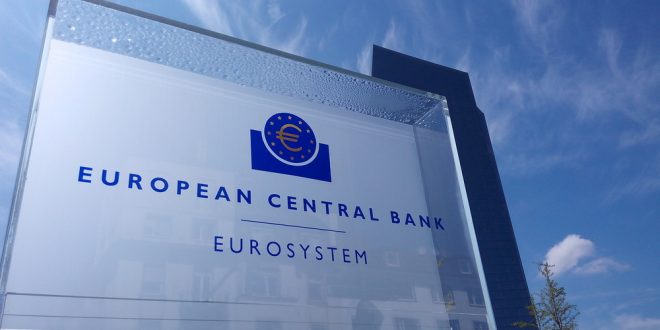Germany’s Jens Weidmann, a member of the European Central Bank (ECB) board, believes that scaling back the massive stimulus needs to be step-by-step after reopening and achieving recovery.
These are the two prerequisites for reducing the monetary easing policies, according to the governor of the Deutsche Bundesbank, who was speaking to an event in Frankfurt on Monday.
“Due to the still existing uncertainty, we cannot determine the exit from the monetary policy crisis mode far in advance. In order not to have to end the PEPP suddenly, however, the net purchases could be reduced step by step in advance.”
On the other hand, Luis de Guindos, the ECB Vice President, told CNBC that when the pandemic is over and once the economic consequences of the pandemic start to fade away, the need for PEPP will finalize, since it would have already achieved its initial target.
The ECB is yet to begin discussion on the future of the massive EUR 1.85 trillion scheme, called the pandemic emergency purchase program (PEPP), that is expected to last until March 2022.
In April, ECB Board Member Fabio Panetta, the former Director General of Bank of Italy and President of the Institute for the Supervision of Insurance, said that the central bank should maintain low interest rates for a long time, including in the case of higher interest rates in the United States resulting from the Federal Reserve responding to the expected strong economic recovery.
ECB President Christine Lagarde recently told the European Union leaders that the Eurozone is recovering faster than previously expected, but still needs continued fiscal and monetary support so that the coronavirus pandemic does not leave a permanent scar.
“Continued support of fiscal and monetary policy will be needed to avoid pandemic leaving scars.”
According to Weidmann, the strong expectations for growth prove that 2022 will no longer be an exceptional year and a time of crisis.
 Noor Trends News, Technical Analysis, Educational Tools and Recommendations
Noor Trends News, Technical Analysis, Educational Tools and Recommendations





